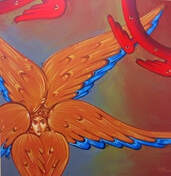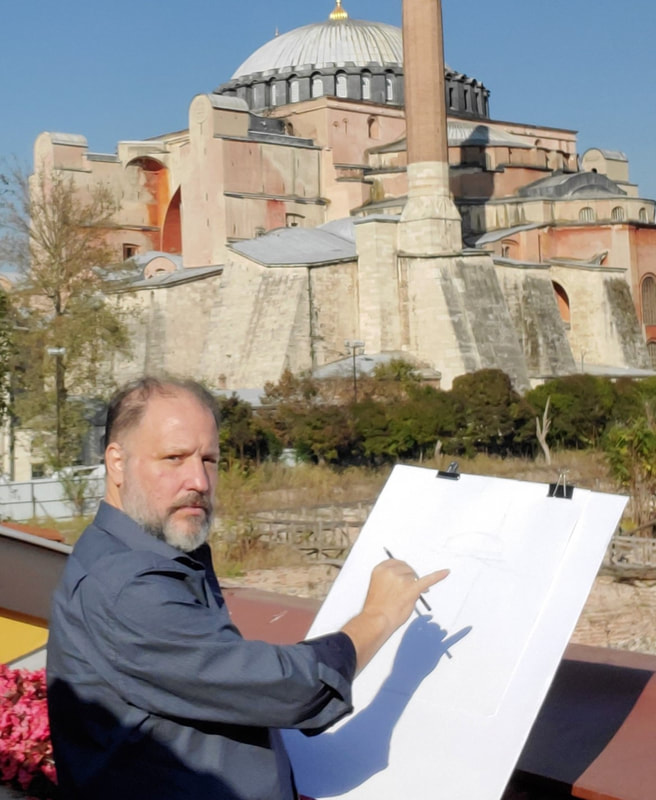|
The Orthodox Deplorables, Instigators of Schism Throughout the annals of Church history, ecclesiastic unity persisted even in the face of acknowledged errors, ecclesiological disparities, and doctrinal heresy. Unity is a paramount virtue of Orthodoxy, a straightforward concept that Moscow appears to struggle with. Orthodoxy, the timeless beacon of wisdom, in Russian hands will be reduced to a flickering candle in the hands of those who seem to mistake obscurity for enlightenment. PDF Available at Academia.com Historical Orthodox Unity The ecclesiastical landscape has been marked by phenomena such as Nestorianism (386–451), iconoclasm (717–787), filioque (begun in the 6th century and was not the cause of original West/East schism), uncanonical Russian unilateral expansionism into Asia and North America (1300-1945), Bulgarian phyletism (1872), and the heresy of Sergianism (1927). Today, the Sergian heresy continues and is presented as Russkiy Mir. Throughout these debates and conflicts, the Ecumenical Patriarchate ensured Orthodox unity persevered, with the constant and notable exception being Moscow’s provocations. Beginning in the 19th century and further complicating our understanding of proper Orthodox ecclesiology is the development of “national” churches (Greece in 1833, Serbia in 1875, Romania in 1885, and Poland in 1924) by the Ecumenical Patriarchate, these ostensibly "novel" territorial ecclesiastical entities did not transgress the ecclesiological tenet prescribing a singular bishop or church within a given geographical territory, in accordance with prevailing ecumenical council norms. In the face of the Ottoman Empire's decline, often called the "sick man of Europe" – a reminder that this encompassed all Orthodox churches except Russia – the Ecumenical Patriarchate displayed self-sacrifice, playing a pivotal role in preserving the unity of the Great Church of Christ during an exceptionally challenging period in human history. This starkly contrasts Moscow's approach, resembling a leviathan that inclines towards invasion, conquest, and absorption of all it can. When unable to achieve its goals through force or military attack, it resorts to accusations of heresy and creates schisms, opening the way for ecclesiastical invasion. It is crucial to emphasize that the condemnation of heretical doctrines is a prerogative reserved for an Ecumenical Council rather than individual patriarchs, local bishops, priests, or monastics/laypersons. While these individuals may articulate dissent, apprehension, or objection to perceived transgressions, the imperative remains to avoid instigating schisms and seek resolution through proper ecclesiastical channels; the emphasis is “proper ecclesial channels.” Moscow Patriarch’s opposition to the principle of unity Let me expound upon the many various blasphemous strategies employed by the Muscovite church throughout its historical trajectory, including tactics such as coercive measures for patriarchal dignity (abduction of Ecumenical Patriarch Jeremiah, blackmail in 1589), imprisonment for nonconformity (St Maximos Vatopedianos 1515-1556), unilaterally self-declaring autocephaly in (1917, Tikhon / 1943, Stalin), utilizing bribery for international influence (Jerusalem, Antioch, Albania…), the illicit uncanonical conferral of autocephaly in 1971, and engaging in petulant schisms with threats of a disruptive nature in Estonia and Ukraine. The Ukrainian invasion is not unusual for the Russian Orthodox Church, which historically consistently exhibits unwavering support for the Kremlin's military campaigns and usually instigates conflict against any Orthodox nation for its self-interest (Armenia, Georgia, Ukraine, Africa, etc). Rather than displaying any hesitation, the ROC's backing of conflicts has not only endured but has intensified as the wars unfolded. One cannot help but marvel at the local Moscow bishop's chutzpa and steadfast commitment to sever ties with Orthodoxy for self-serving non-dogmatic issues consistently. This demonstrates a notable pattern of petulant divergence from unity in the broader Orthodox community and norms (canons). The origins of the contemporary Russian propagandistic narrative can be traced back to the incestuous relationship between the Moscow church and state. This intertwining is exemplified by the zealous political and ecclesial Russian aspirations to attain Constantinople's prestige and prerogatives. The pursuit of geographic and ecclesial advantages has led to the prolonged intricacies surrounding the protracted Turko-Russian Wars (1568–1570, 1735-1739, 1806-1829, 1877–1878, and 1914 with the Russian invasion of Turkish Armenia). Indeed, each war was characterized by the deliberate flouting of canonical norms, notably evident in the case of Bulgaria. This Russo-centric narrative gained traction and increased with the inception of the Russian Church outside of Russia, culminating in unparalleled levels of misinformation and distorted disinformation. With the endorsement of Stalin, the propaganda campaign for Russian Orthodox hegemony worldwide escalated significantly, further fueling the false narratives of supremacy. This trend persisted throughout the 20th century, creating a landscape where distinguishing between canonical practices and those antithetical to the Orthodox ethos remains increasingly challenging for many. The intricate historical path has added complexity, making distinguishing authentic Orthodox principles from the shroud of manipulated Russian information challenging. This conflation within the Russian Mir is a potent tool in shaping public opinion, fostering a distorted comprehension of the multifaceted and nuanced concerns within the ecclesiastical realm. Today’s social media Russkiy Mir Pundits I am inclined to redirect attention to the contemporary landscape, precisely the phenomenon of social media propagandists and the purported "useful idiots" affiliated with the Moscow Patriarchate. This group has tended to amalgamate disparate and weighty issues into a propagandistic narrative, utilizing sentimental contemporary views of morals and ethics. This approach effectively constructs a feast of red meat tropes, custom-tailored for consumption by individuals predisposed to phyletic inclinations, all while overlooking the foundational ethos of Orthodoxy. This encompasses the Russian Orthodox substratum, characterized by virtue-signaling proselytes, purportedly adhering to genuine Orthodoxy. Let's delve into the specific group called the "orthodox deplorables." The conventional straw-man lamenters, in rhetorical terms, go beyond just figures like the lead Karens such as George Malakalopoulos and Nick Skatamatakis. It also includes diverse individuals, like cybernetic convert right-leaning pundits and pseudo-zealot theologians such as Peter Heers, George Maximov, Jay Dyer, Jesse Dominic, Jim Jatras, and John Whiteford. Behold the trio of discontented Greeks – George Michalopoulos, Jim Jatras, and Nick Stamatakis. Like intertwined olives in a tightly packed jar hoping to be noticed, they move in lockstep, their camaraderie as seamless as a well-rehearsed Zorba dance, sharing a bond tighter than a stubborn jar of honey in the Greek sun. They're not just three peas in a pod; they're like gyro slices flavor-fully marinating each other in the juices of shared opinions and mutual admiration. It's a friendship seasoned with a pinch of sarcasm and a drop of Ouzo, leaving the rest of us to marvel at the magnificence of their Hellenic unity. Opa! They revel in the delightful echo chamber of their solidarity, a symphony of self-stimulation that provides an unparalleled rush of validation. Their modus operandi? A merry-go-round of quoting and promoting each other's journalistic endeavors, a delightful dance of feeble attempts that could make even the most stoic critic crack a smile. It's a small world they've crafted. Cheers to this trio for turning self-stimulation into an art form! George Michalopoulos dubiously asserts himself as a self-proclaimed solitary champion of Orthodoxy. Jorge decided to part ways with the ethnic Greek church, transforming into the lonesome gladiator tilting at windmills alongside his spouse, Gail, the eternal convert. “Bartholomew split the Russian Church” The transformation of Jim Jatras, once a political insider, is now seemingly on a perpetual quest for validation. His verbal escapades include gems like "Constantinople centralized power, throwing the Church into discord, especially the Russian Church." Ah, the profound musings of a modern-day philosopher! It's almost as if he's attempting to rewrite history with the flair of a Shakespearean drama, casting Constantinople as the grand villain in the Church's soap opera of discord. Bravo, Jim, for turning the intricacies of ecclesiastical politics into a tale worthy of a Greek tragedy, complete with plot twists and the quest for eternal validation. Meanwhile, Nick, a seemingly clueless figure in ecclesiastical matters, struts around as a Protestant Christian defending Orthodoxy from its hierarchy... However, his primary dedication purports to stand up for Hellenism. His ethos is “do nothing but tear down.” Stamatakis’ feigned interest in the Church serves as an anemic endeavor at character assassination, which he hasn’t entirely perfected yet, but he muddles on preaching to the disappointed. In a move befitting tabloid journalism, their escapades unfold like a soap opera in the realm of disgruntled Greek dynamics. The following individuals, all hail from the Russian Orthodox Church in and Outside Russia (ROCOR) bearers of enlightenment from Russia, appear to foster animosity, discord, and division. Here are purported pearls of wisdom that reveal the caliber of their intellects and the nature of their hearts. These fine specimens are like a philosophical puzzle, inviting us to ponder the age-old question: just how much poison can one stomach before it becomes downright deleterious? They perform a delicate dance, a waltz with toxicity, where the line between critique and calamity blurs. It's almost as if they've taken a sip from the cup of controversy and decided to chug the entire brew. I leave you with the riddle: at what point does one say to the spirit of the Antichrist, "That's enough poison for me, thank you!"
“The Patriarch of Constantinople is introducing division by preaching heresy.” "canons are self-actualizing magical spells." "no longer do we recognize Christ in this local church it’s no longer confessing the faith." "non-participation of all bishops was phyletistic opportunism." "The Council of Crete is neither great, nor holy, nor Pan-Orthodox." "support of the Russian State for embattled Orthodox peoples," "Heers is a priest without a bishop. This lack of canonical oversight suggests he is without antimins as well. Perhaps this is the reason why Heers has turned to the digital Orthodox world to serve as his de facto parish."
“Orthodox writers should not use the name, ‘Ecumenical Patriarch,’ it’s a heresy of new papism.” “Local Churches will sooner or later have to make the same choice not between the ‘Russians’ and the ‘Greeks,’ but between Orthodoxy and heresy.” “…new and false teachings being preached by the Constantinople Patriarchate.”
In his ignoble quest for influence, he’s mastered the art of expulsion, treating it as a sacrament. Anyone not adhering to his rigid interpretation of Orthodoxy is promptly shown the door as if the pearly gates were under their jurisdiction. Jay is a repository of countless ignorant commentaries. Instead of delving into the vast sea of his dubious insights, let's turn to the words of another who has dared to encapsulate the essence of this individual: “Dyer is nothing more than a conspiracy theorist and huckster, dabbling in a wide net of subjects to gain access to as many honeypots as possible.”
“Patriarch of Alexandria Theodoros serves with schismatic hierarchs in Constantinople.” “it can be reasonably suggested that Constantinople has lowered its initial expectations.” “Constantinople expects Churches to serve with schismatics.” "soon after I converted I found the Old Calendarist groups who proclaim that they have preserved the truth even more fully than had the historic Orthodox Churches — they appealed to my desire for truth." "this clique to “rubber stamp” the changes to Orthodox ecclesiology"
“…the fall of the Ecumenical Patriarchate to ecumenism” “…Patriarch Bartholomew’s actions in Ukraine make no sense if he intends to remain in the Orthodox Church.” “…hope that Ecumenical Patriarchate will reverse course and begin to “Orthodox” back to the fold.” “The Ecumenical Patriarch has been trying to find some way to make itself relevant to the rest of the world.” “the Patriarchate of Constantinople, which are supporting homosexuality, openly” “formally condemn the Ecumenical Patriarch” To these pseudo-Orthodox internet trailblazers, everyone is conveniently sorted into neat, demeaning groups with labels. They’ll feel justified by what they read. You're either an "Ecumenist" or a member of the elusive "new world order." If that's not enough, they've expanded their vocabulary to include less-than-flattering terms like "queer" and the mysterious "Fordhamite." In what appears to be derogatory attempts to demean the Ecumenical Patriarchate, they’ve even labeled me “Istanbul Elias,” a snub ROCOR’s shiny star, Fr. John has chosen to attribute to me, and yet I wear it with pride. My team has developed a website, Istanbulelias.com, to showcase the insults directed at me which is expanding to showcase how they verbally abuse others in the blogoshere. Illustrating the Russian church’s limited scope of attack and inability of small-minded sycophants sharing Russian style christian love online. In Conclusion These individuals never seem to engage with the substance of an argument; instead, they opt for a repertoire of insults directed at the messenger. The Russian circus continues, with the clowns choosing insults over genuine discourse. Indeed, the landscape of the Orthodox internet is evolving, thanks to this new wave of virtuous vigilantes the discourse ain’t pretty. As they wield their labels and moral doctrines with zeal, one can't help but marvel at the audacity of their blameless Russian crusade. The self-percieved gatekeepers of the virtuous Orthodox internet! Press them a tad, and you're swiftly escorted to the exit like an uninvited guest at a righteous banquet. It's a delicate dance, navigating the hallowed halls of their digital sanctum, where questioning their moral fortress is akin to heresy. In this virtuous haven, dissent is not tolerated; it's promptly labeled as an unholy intrusion. The irony is palpable. While they champion the virtues of a fascistic Orthodoxy, their intolerance for questioning mirrors the very authoritarianism they claim to despise. Their moral high ground is perched atop a digital soapbox, and any probing questions threaten to crumble the foundation. So, to those valiant gatekeepers, as you wield your virtual expulsion hammer with psuedo-righteousness, may you find solace in the Orthodox Church endowed by the Ecumenical Councils. Above all, unity in the Orthodox faith. 2/13/2024 10:10:11 am
Overwhelmed by the amount of email and other communications about these dubious fellows, I may post some comments here. Never really been a comments guy, that may all change...
Stefanos
5/30/2024 09:04:54 am
Another shamless article from Skatamatakis
Vincent Hogan
2/13/2024 03:21:13 pm
Thank you for this.
Mixalis
5/8/2024 09:24:32 pm
As an Orthodox Christian (Greek) I've never followed Heers, Whiteford, Maximov, Alfeyev, Gleason, Cornelia Rees, The Michalopoulos, Stamatakis, Jatras, Dominic and Dyer......one Greek word to describe all of them Plani / Pnevmatiko Plani also they would fit in the categories of nutcases / nutjobs / fruitcakes / Wackos. Comments are closed.
|
Most Popular Posts
Archives
August 2024
Categories
All
Αγιογράφος
Ηλίας Δαμιανάκης Άρχων Μαΐστωρ της Μεγάλης του Χριστού Εκκλησίας AuthorBy the Grace of God Archon Elias Damianakis has ministered in the study of Holy Iconography since 1980. In his biography you can read about Elias' life and on his portfolio page you can see where he has rendered some of his hand painted iconography or visit the photo galleries to see some of his work. There is a complete list of featured articles, awards and testimonials which you can visit, as well as a list of notable achievements here below. Please contact Elias for more information or suggestions for this website, thank you and God Bless. |
|
Orthodox Iconography
by the hand Sub-Deacon Elias Damianakis Hagiographos (Iconographer) Archon Maestor of The Great Church of Christ Archon of The Ecumenical Patriarchate [email protected] 727-372-0711 |
ο Άρχων Μαΐστωρ της Μεγάλης του Χριστού Εκκλησίας
Υποδιάκονος Ηλίας Δαμιανάκης -Αγιογράφος
Disclaimer: The views and opinions expressed on this site are those of the author and do not necessarily reflect the official policy or position of any organization I have been, currently, or will be affiliated within the future.
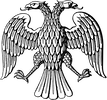
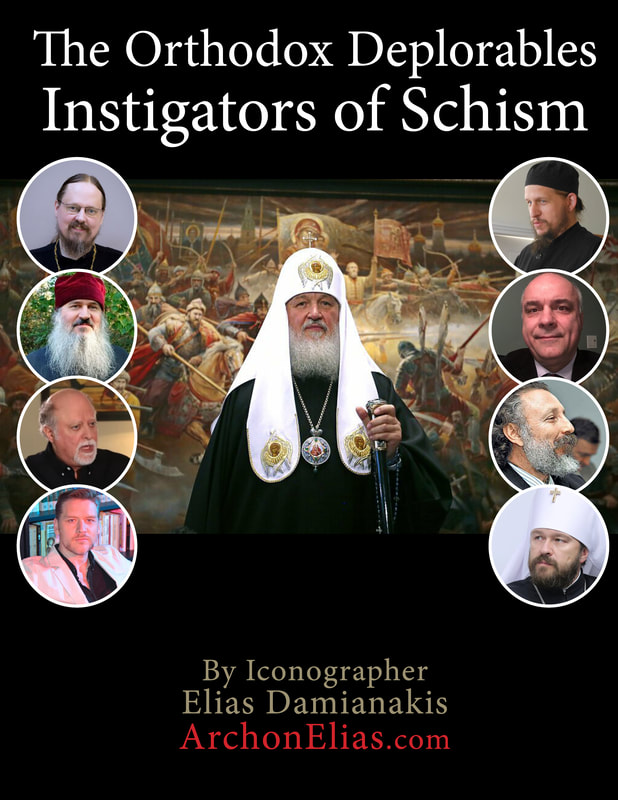





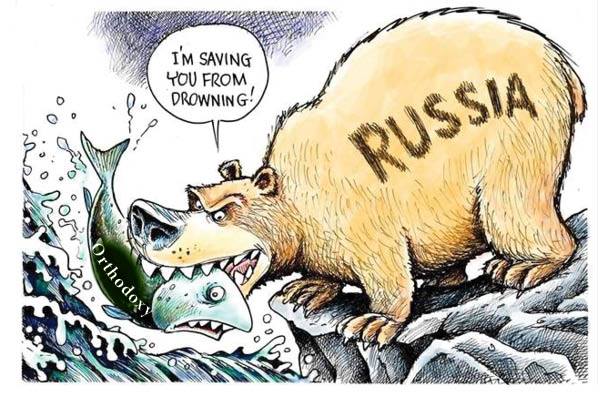

















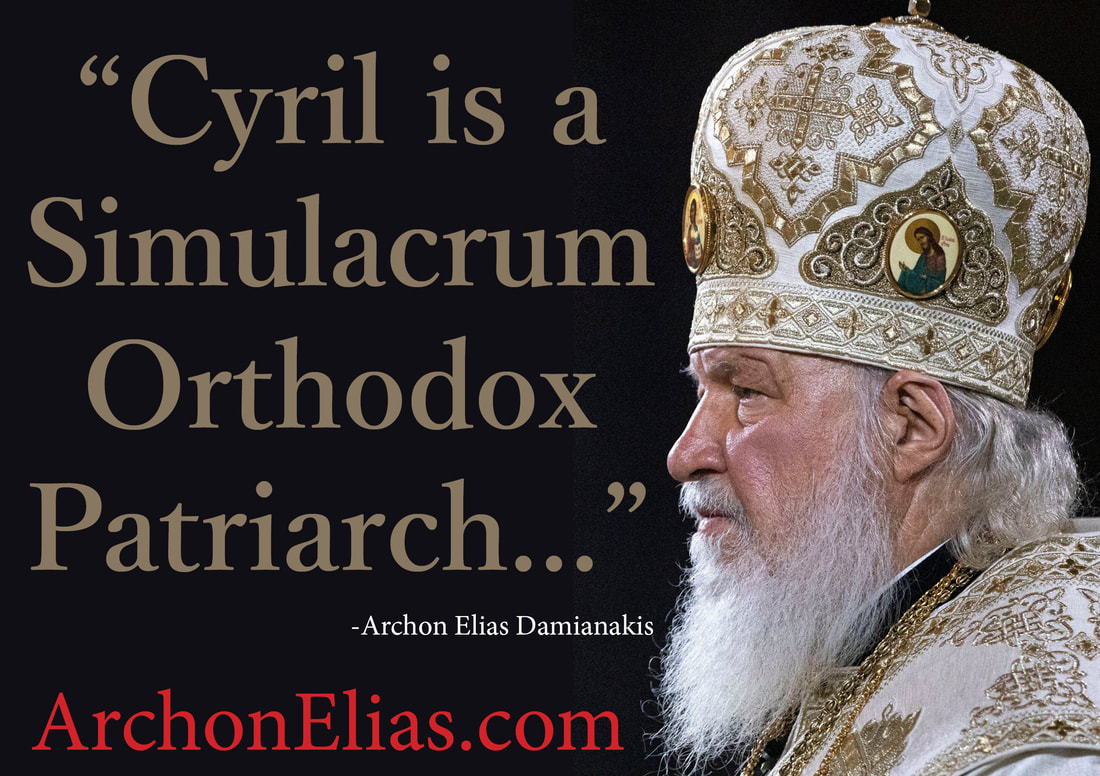


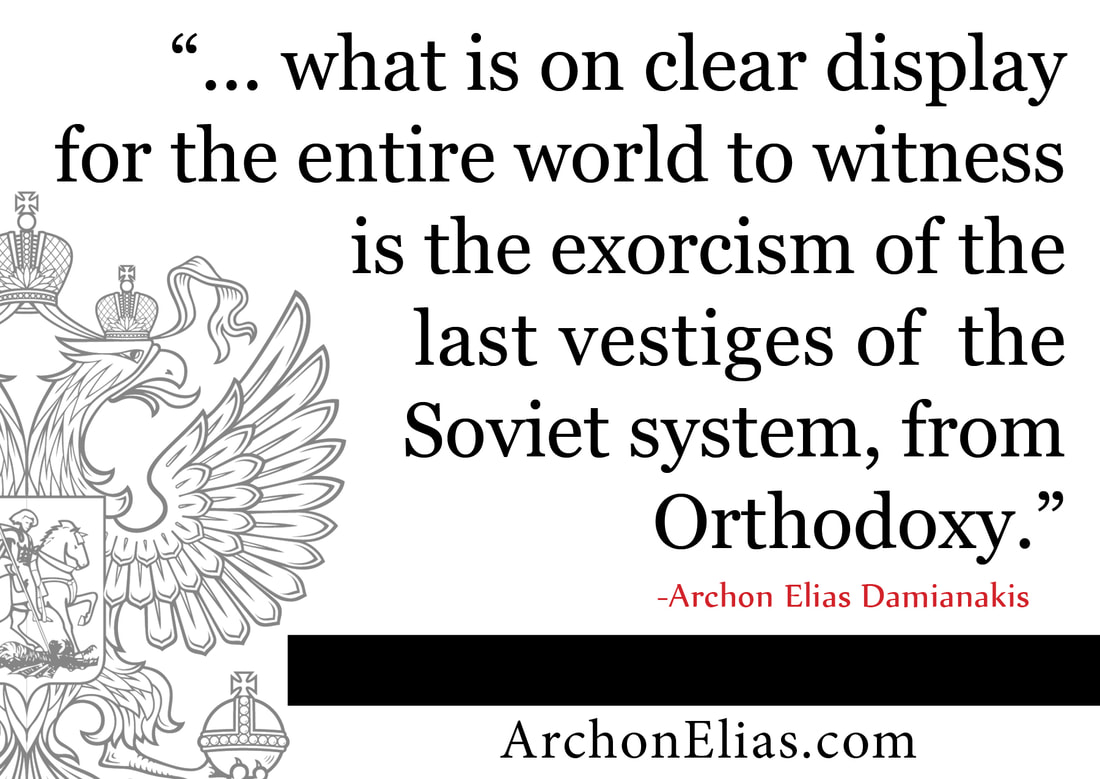


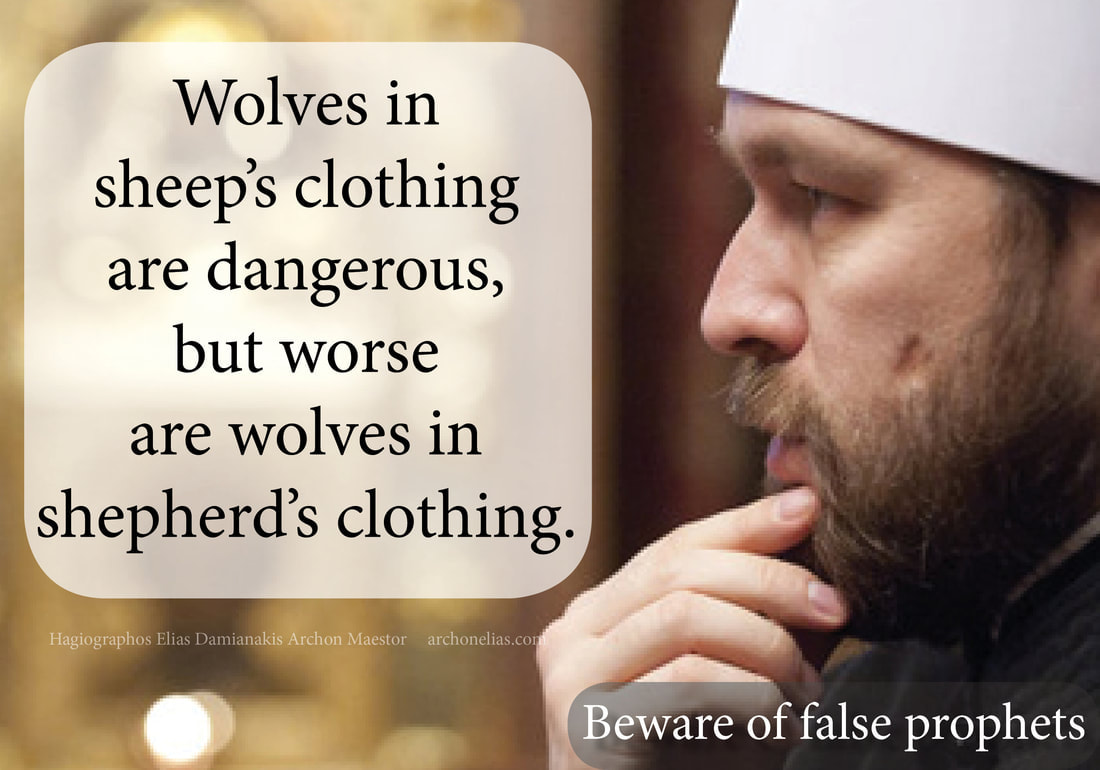

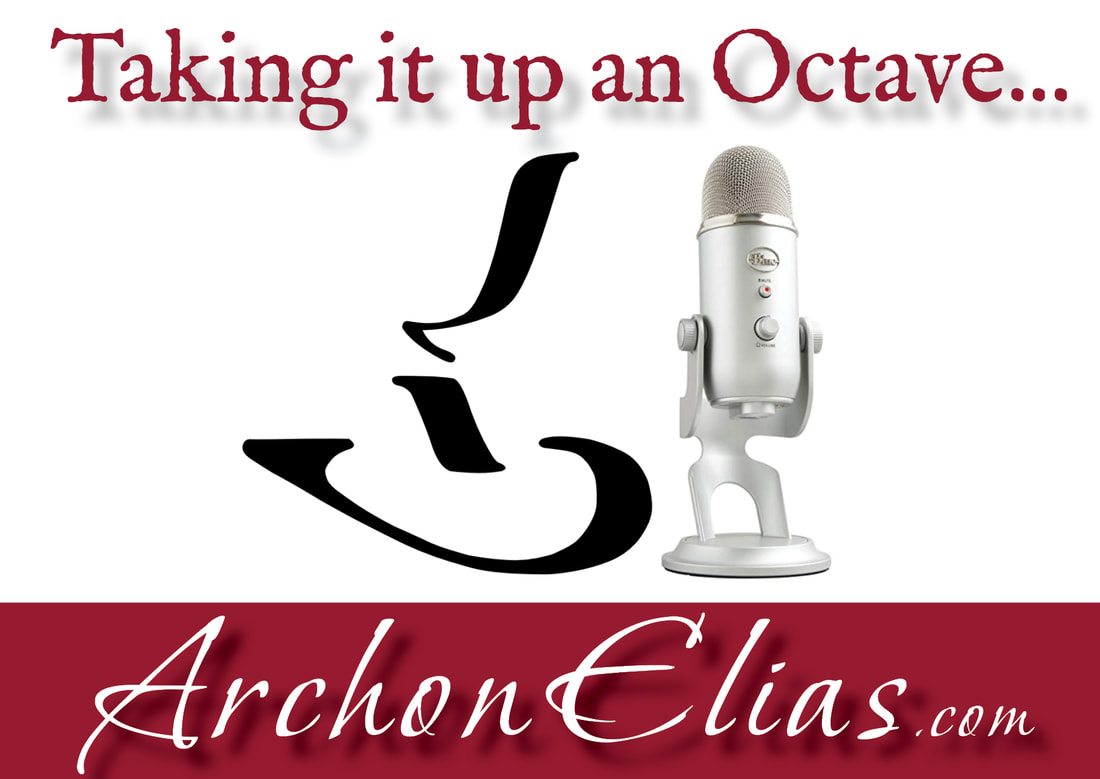
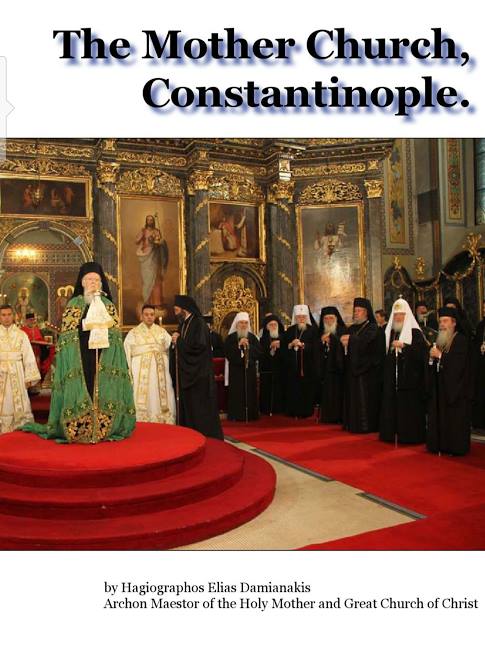
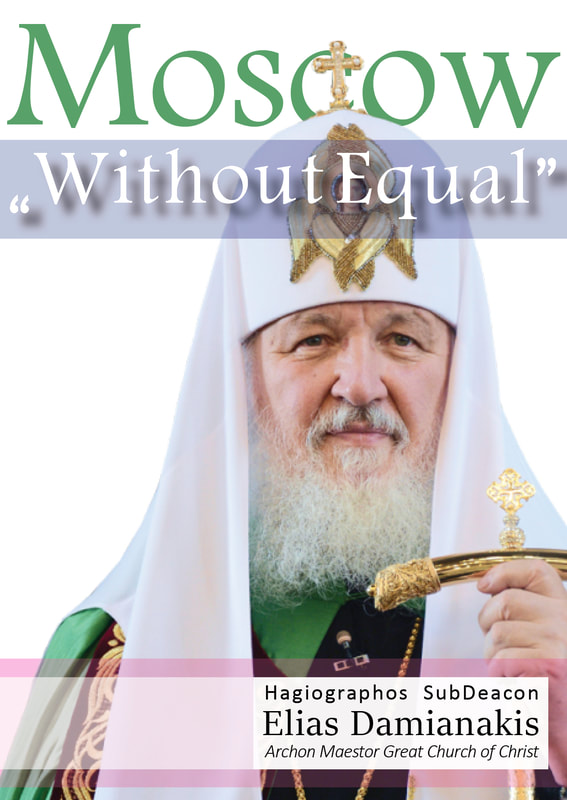
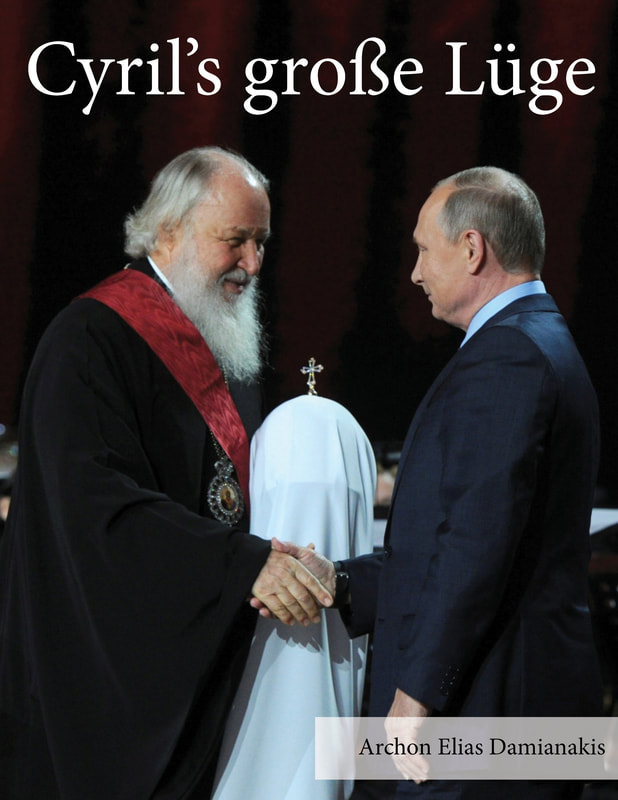
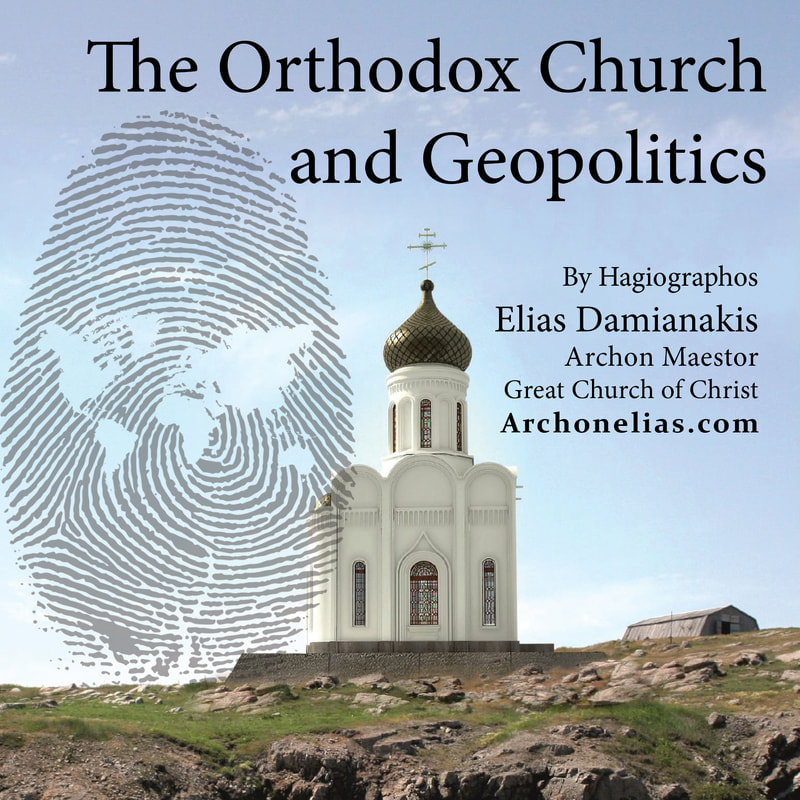
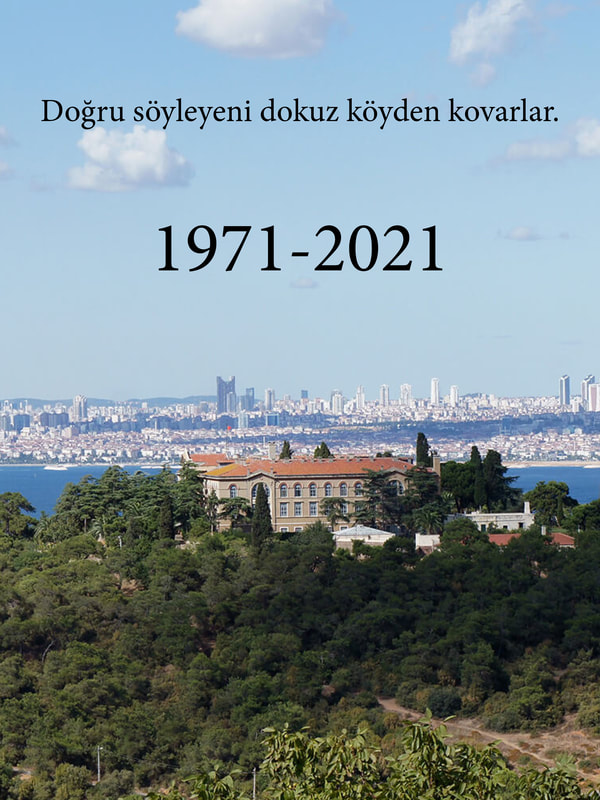
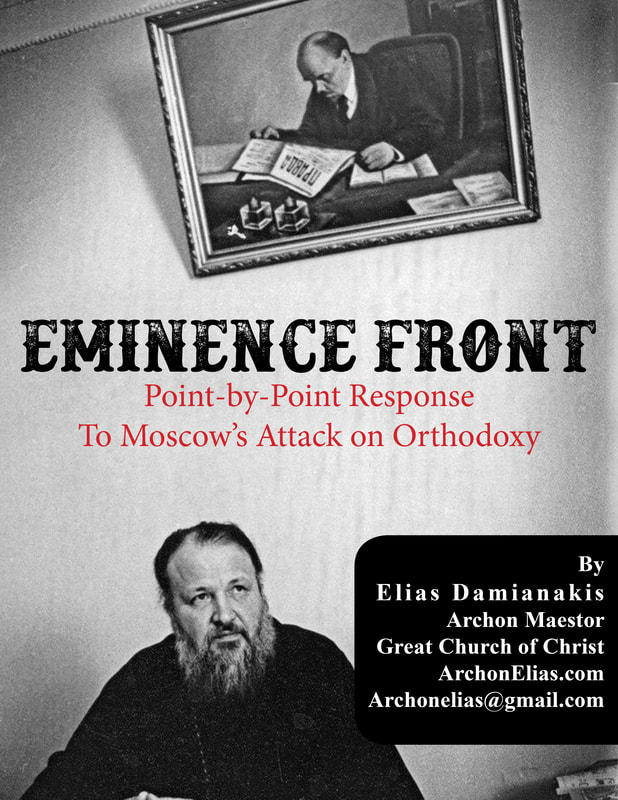
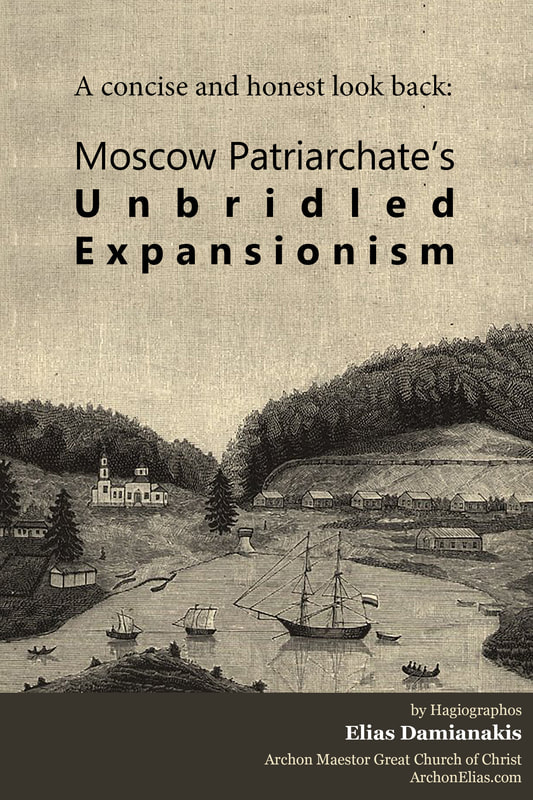
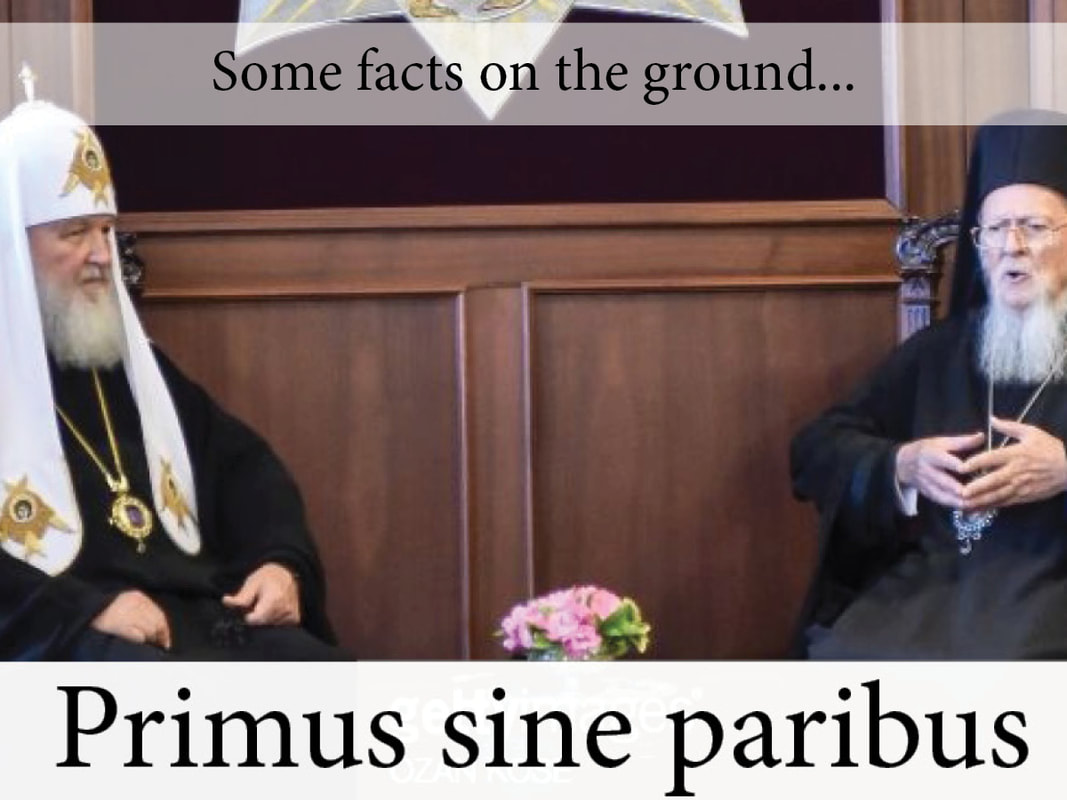
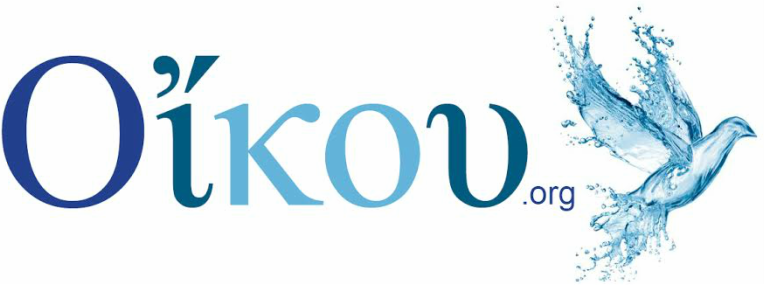
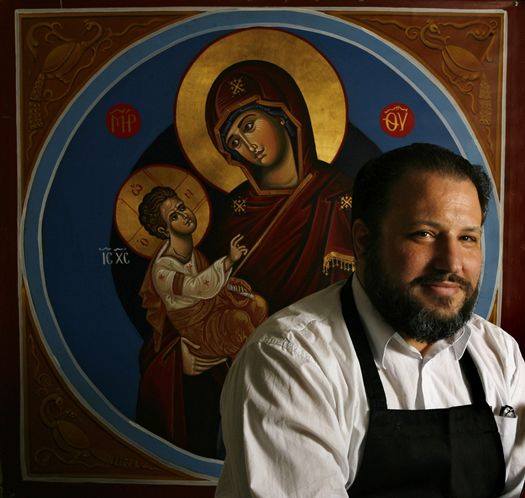
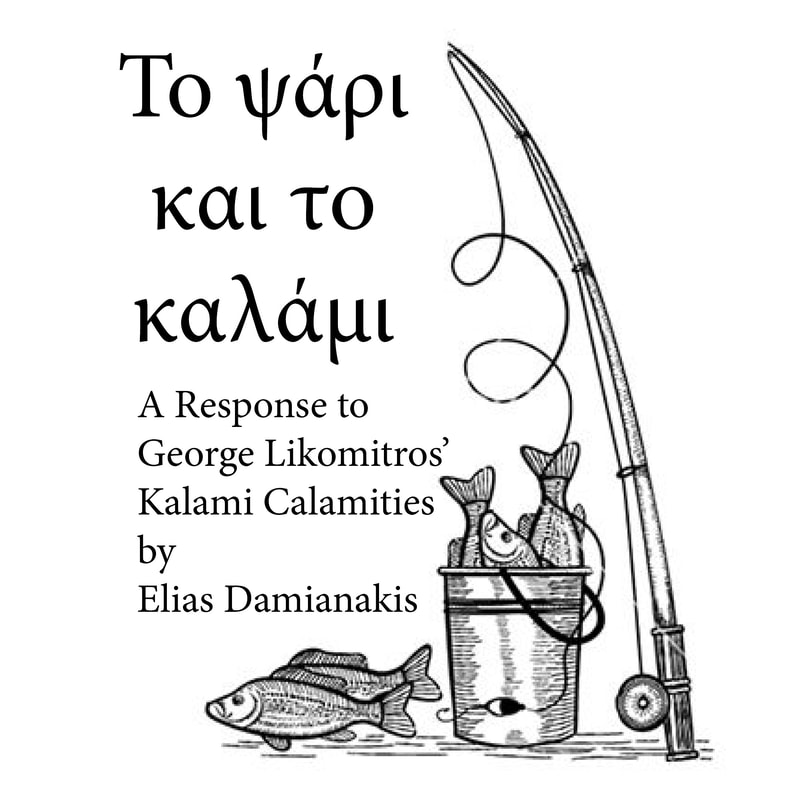
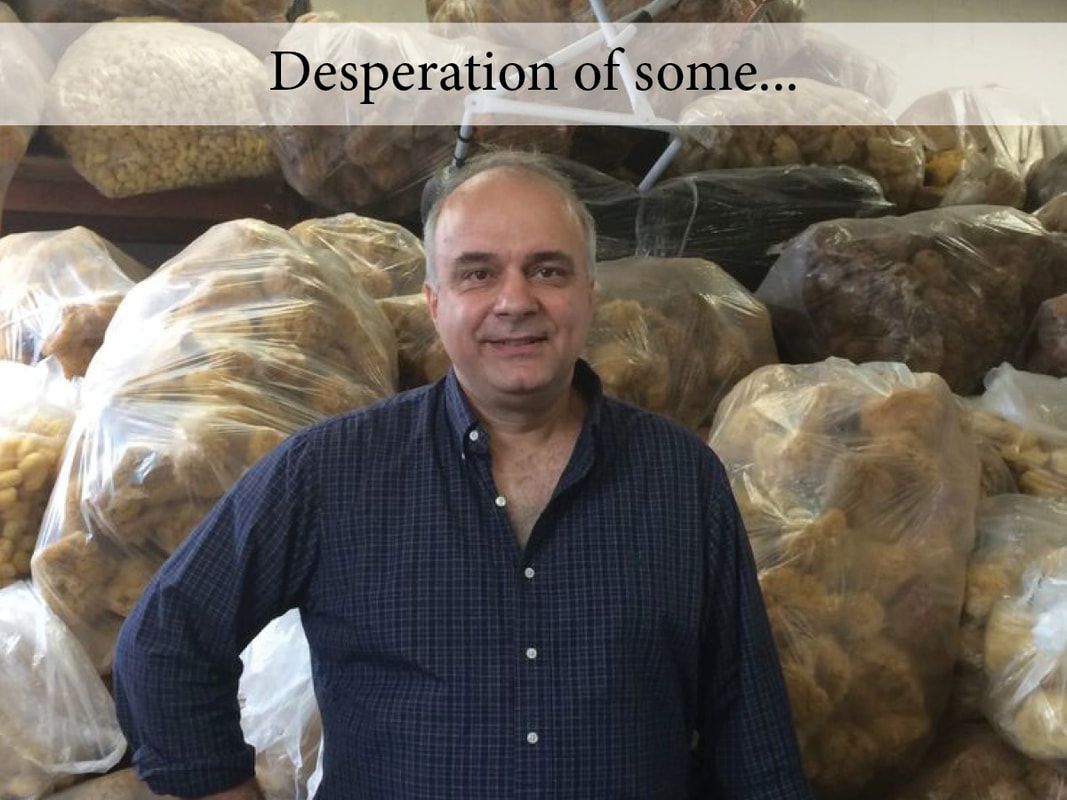
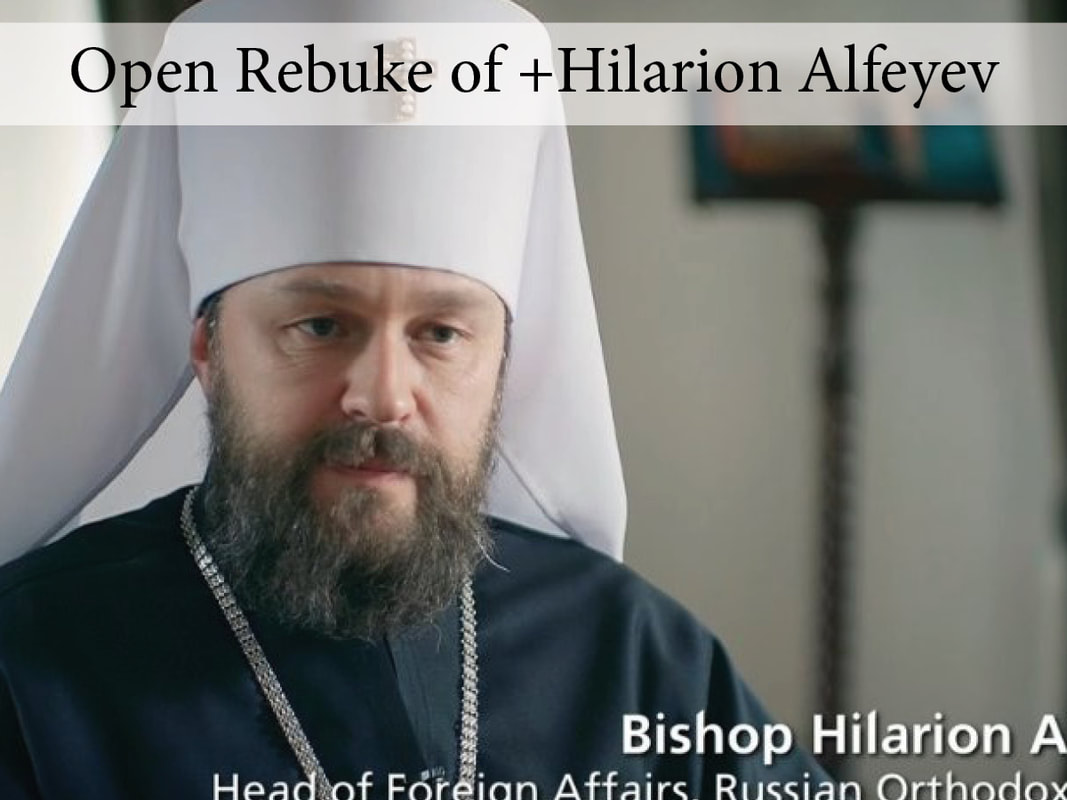
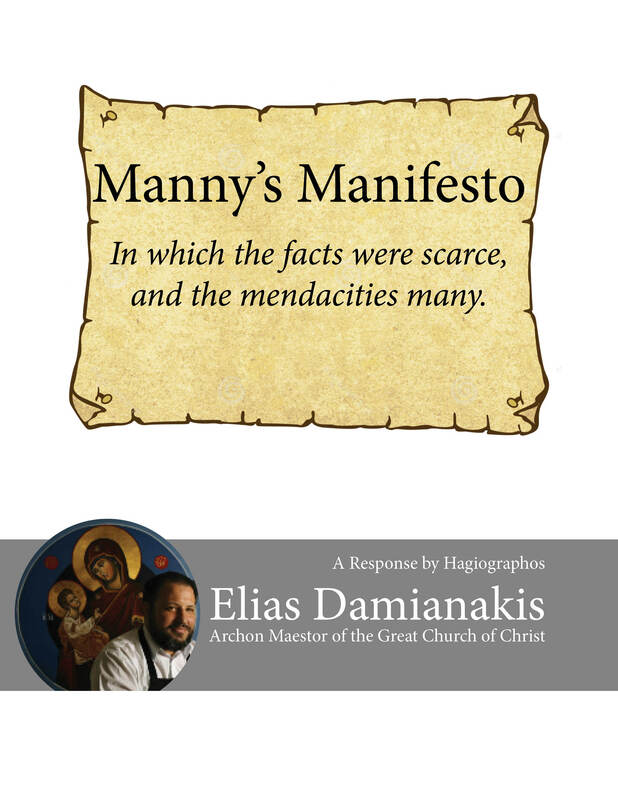
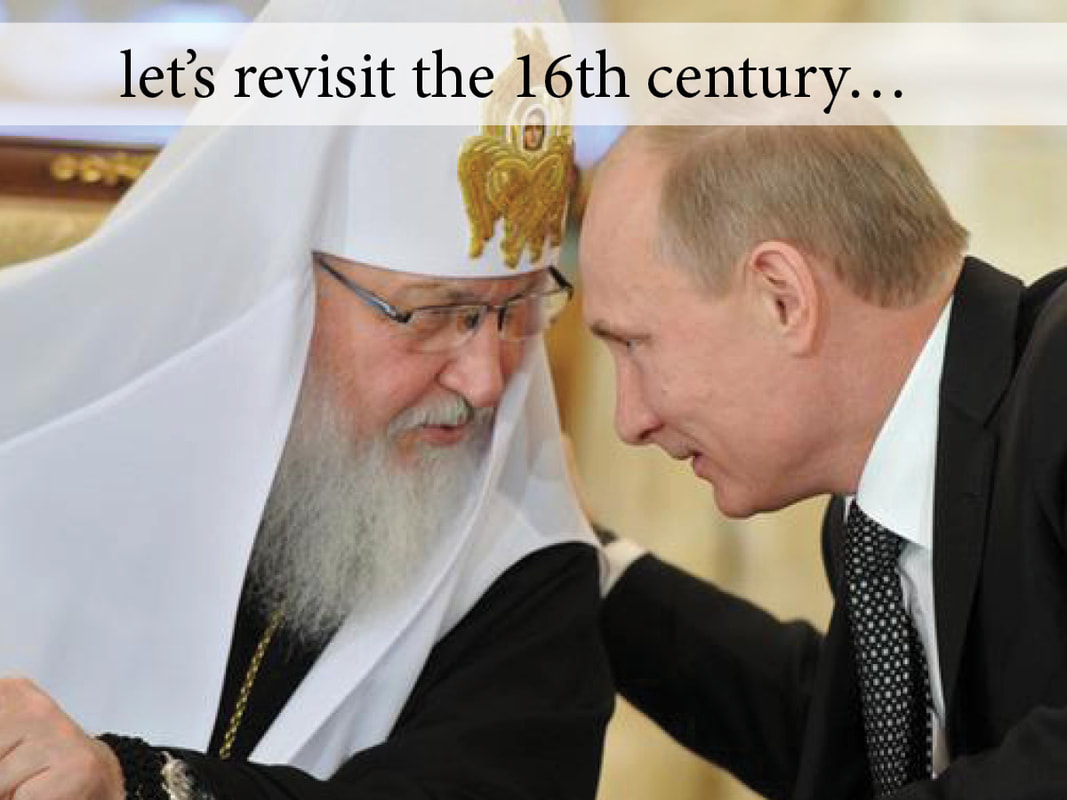
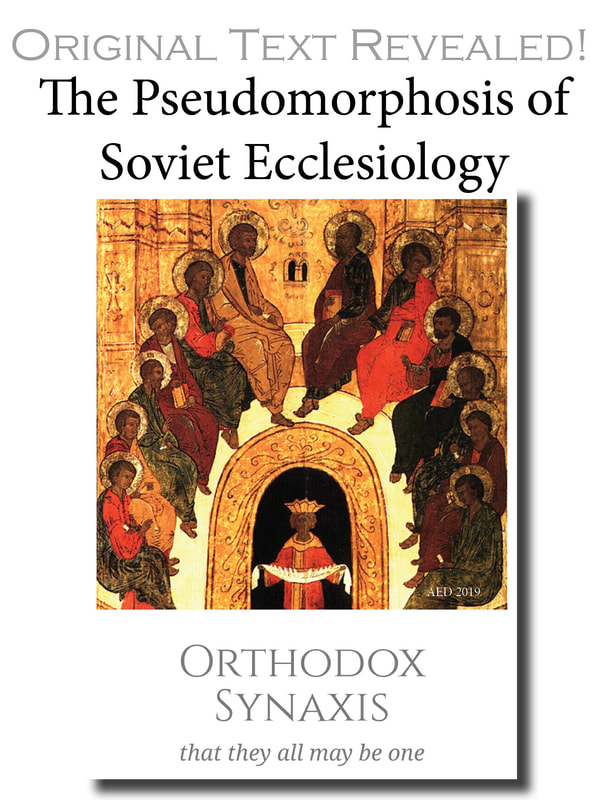
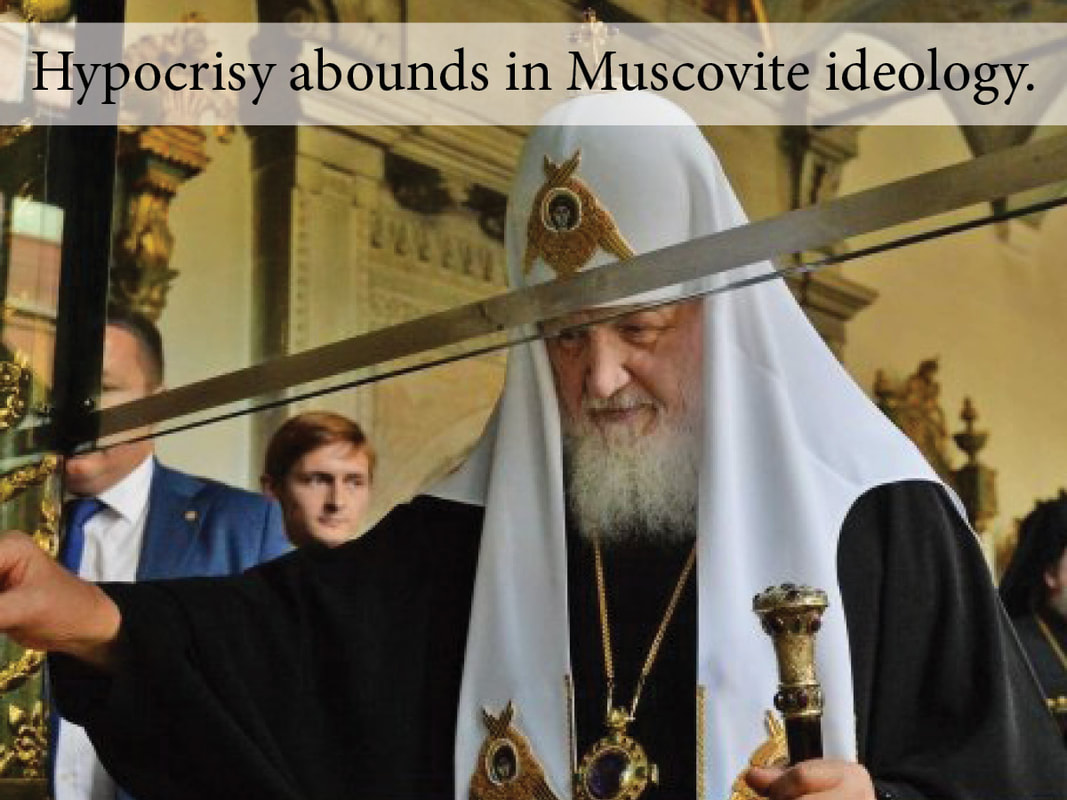
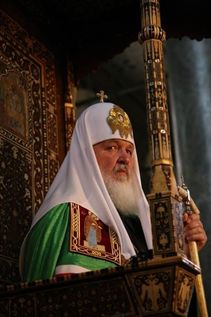
 RSS Feed
RSS Feed
